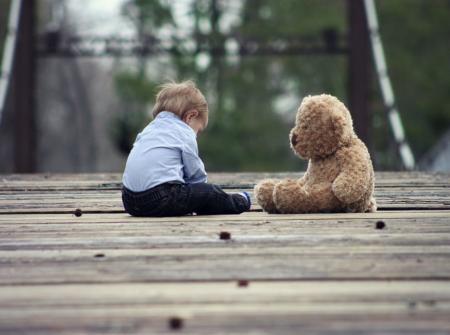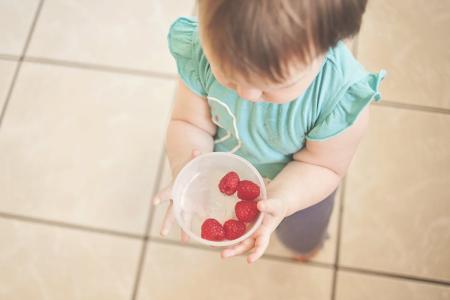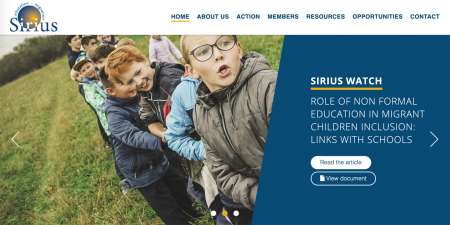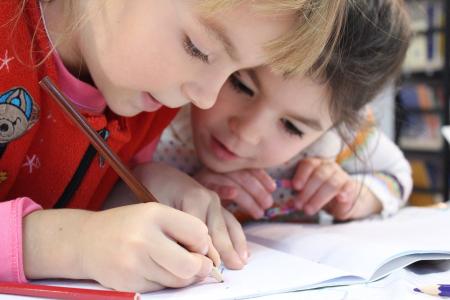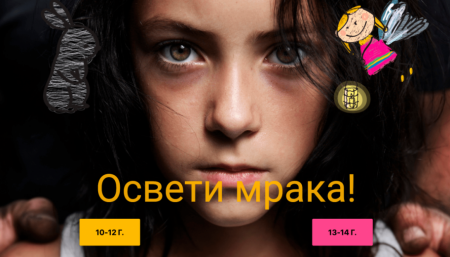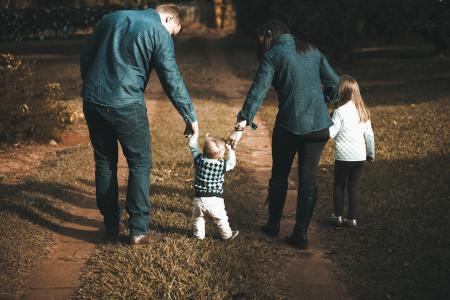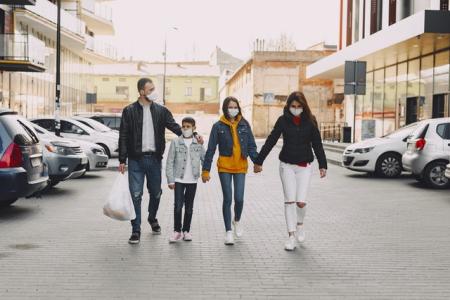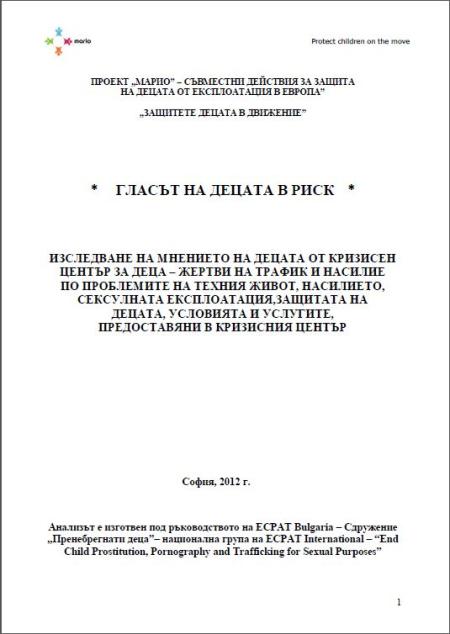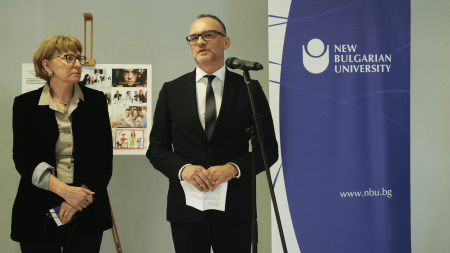
An Alpha Research study conducted in ten municipalities with institutions for children highlighted the worrying Bulgarian bias against children from social institutions. According to the results, only 21% of those surveyed would invite a child from an institution to a family dinner or lunch, and 44% would accept a child from an institution studying in their child’s class. Only 5% of those surveyed said they would become foster parents.
According to the head of Alpha Research, Boryana Dimitrova, informal deinstitutionalization is vitally important, mostly to the children themselves, because it is extremely traumatic for a child to feel isolated. Nearly all of the research participants supported the process of taking children out of social institutions; 75% have shown a positive attitude towards children in family-type settings, and 79% of the respondents agreed that deinstitutionalization is correct and necessary. The study also found that there is not enough collaboration between the responsible institutions, and that there is an overall need for new and more complex methods among social workers and teachers working with children in new centres. It also found that these new services are understaffed.
Zornitsa Rusinova, the Deputy Social Minister, shared with BTA that in 2009, when institutional reform started, there were 7,000 children in various institutions. A decade later, this figure has fallen to 610–620 children. According to Rusinova, the children who left managed to find their own path of development: nearly 1,400 are in family-type care centres, about 4,000 are with foster parents, and some children were adopted.


